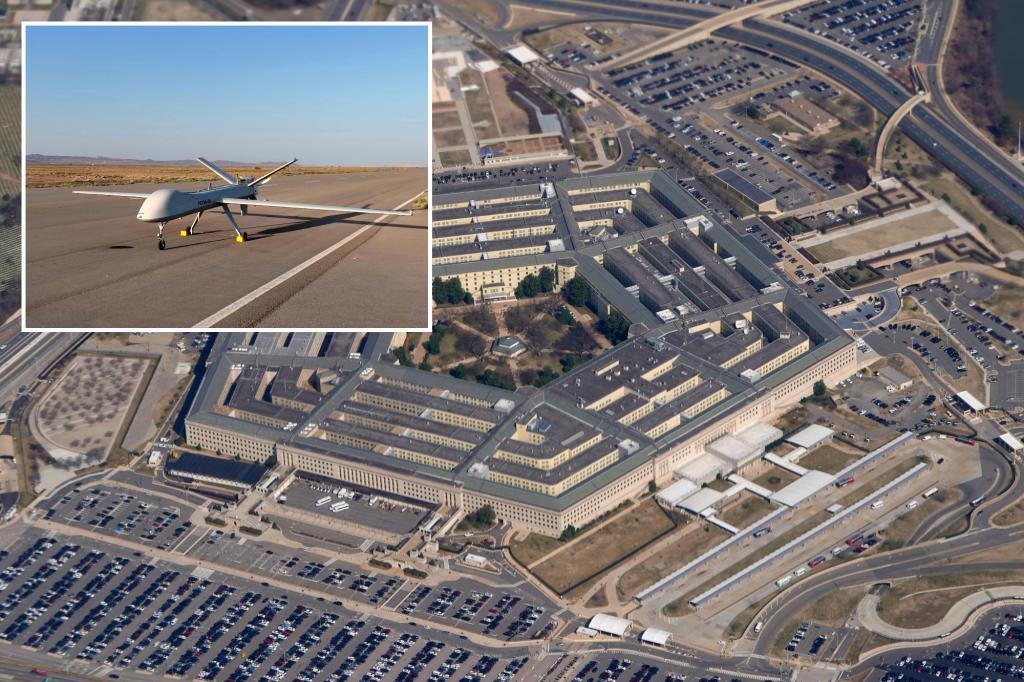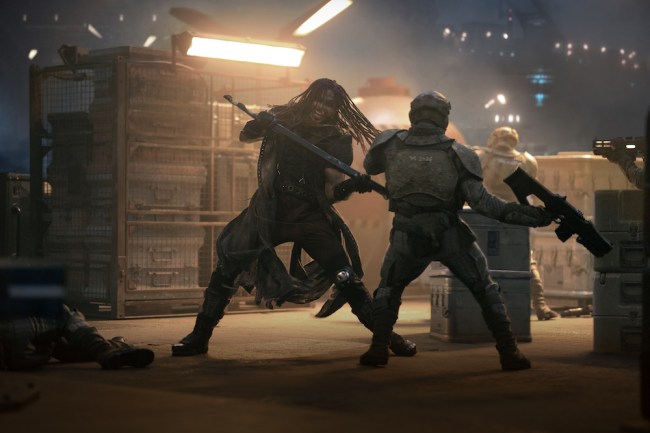The Pentagon is set to explore the development of innovative artificial intelligence-guided aircraft by offering two contracts that multiple private companies have been vying for.
Part of a $6 billion initiative, the Collaborative Combat Aircraft (CCA) project aims to introduce over 1,000 new drones to the U.S. Air Force. These drones are intended to operate alongside manned aircraft, providing support by serving as escorts equipped with full weapons capabilities, as well as functioning as scouts or communication hubs, as reported by The Wall Street Journal.
Key industry players such as Boeing, Lockheed Martin, Northrop Grumman, General Atomics, and Anduril Industries have risen to the challenge. General Atomics, known for supplying the Reaper and Predator drones utilized in various Middle East campaigns, brings its expertise to the table. On the other hand, Anduril Industries, established in 2017 by Palmer Luckey, the creator of Oculus VR, represents a newcomer in the field.
Among these contenders, Boeing stands out as the sole company to unveil its aircraft, named the Ghost Bat. With dimensions ranging between 20 and 30 feet, this aircraft can operate just below the speed of sound and cover distances exceeding 2,000 nautical miles.
Boeing’s aircraft is specifically designed to collaborate with existing military planes, aiming to enhance and extend airborne missions, as detailed in Boeing’s project overview.
While cost reduction is a significant factor motivating the Pentagon’s interest in this endeavor, Deputy Secretary of Defense Kathleen Hicks emphasized the potential of AI-enabled autonomous vehicles to revolutionize military operations by offering cost-effective, expendable units.
Anduril Industries has introduced an AI-powered drone named the Roadrunner, emphasizing its cost-effectiveness and advanced capabilities in navigation. This showcases the company’s potential to produce innovative solutions for the CCA project.
General Atomics has been actively promoting its CCA “ecosystem,” featuring the Avenger Unmanned Aircraft System paired with “digital twin” aircraft for collaborative combat missions. The company’s commitment to advancing AI and Machine Learning technologies for autonomous platforms demonstrates its readiness to operationalize autonomy in next-generation military systems.
Lockheed Martin has demonstrated its proficiency in integrating AI into aircraft by updating its VISTA X-62A training plane with AI operating systems, showcasing its potential to enhance air tactics and combat capabilities rapidly.
Northrop Grumman’s strategy for AI CCA units remains undisclosed at this time.
Despite these advancements, the Pentagon has not yet responded to inquiries from Fox News Digital regarding this initiative.
The Associated Press contributed to this report.










